In November 2005, the United Nations designated January 27 as a day to honor victims of the Holocaust. This date was chosen for a reason - on January 27, 1945, Russian troops liberated the notorious Nazi death camp at Auschwitz. More than one million people were murdered here during World War II, part of Hitler's evil plan to exterminate the Jewish people.
Stories of the death camps offer evidence of brutality that almost defies description. Survivors and liberators alike tell of dead bodies stacked like cordwood, and of others desperately clinging to their last spark of life, too weary to even express happiness at their liberation.
Dwight Eisenhower, commander of U.S. forces in Europe during World War II, wasn’t present at the liberation of Auschwitz, but he did visit a forced labor camp. He never forgot what he saw there. Several years after the war, he wrote of the experience:
"The same day I saw my first horror camp. It was near the town of Gotha. I have never felt able to describe my emotional reaction when I first came face to face with indisputable evidence of Nazi brutality and ruthless disregard of every shred of decency."
"I visited every nook and cranny of the camp because I felt it my duty to be in a position from then on to testify at firsthand about these things in case there ever grew up at home the belief or assumption that ‘the stories of Nazi brutality were just propaganda.' Some members of the visiting party were unable to go through the ordeal. I not only did so but as soon as I returned to Patton’s headquarters that evening I sent communications to both Washington and London, urging the two governments to send instantly to Germany a random group of newspaper editors and representative groups from the national legislatures. I felt that the evidence should be immediately placed before the American and British publics in a fashion that would leave no room for cynical doubt."
Eisenhower deserves great credit for helping bring to light these atrocities. Incredibly, even today, there are those who claim that "the stories of Nazi brutality were just propaganda." Eisenhower knew that the events he was witnessing were so terrible that some would deny they ever occurred - and that this lack of historical memory would make it that much easier for those responsible to escape justice, and for such horrors to happen again. He was determined that the world would never forget what happened in the camps, just as he could not forget it.
This Sunday on U.N. Holocaust Remembrance Day, take a moment to visit the website of the U.S. Holocaust Memorial Museum. Here you will find an amazing number of resources to help you understand the impact and scope of the defining event in 20th century world history. And please, take a moment as well to pray for the surviving victims of the Holocaust, and to ask for God's protection for Israel - a state that was formed, we must never forget, in part to provide a haven for European Jews fleeing the horrors of the Holocaust. As we pray, let us take comfort in the biblical assurance that God, who watches over Israel, "neither slumbers nor sleeps."
With prayers for shalom, peace
Rabbi Yechiel Eckstein
Subscribe to:
Post Comments (Atom)
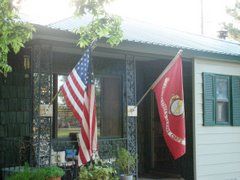
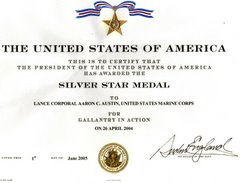
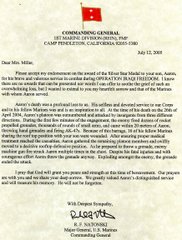
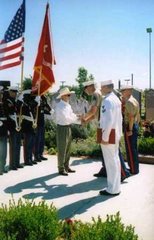






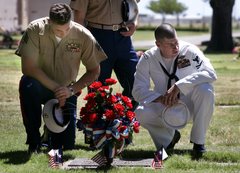



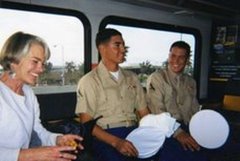

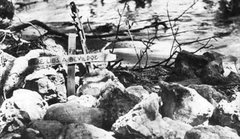


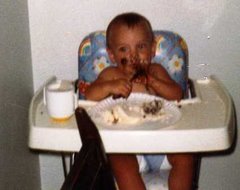

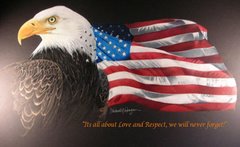
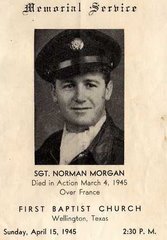
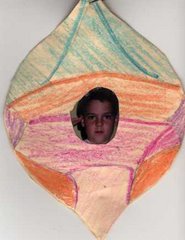

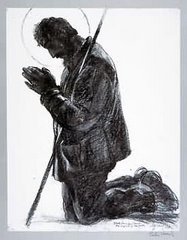
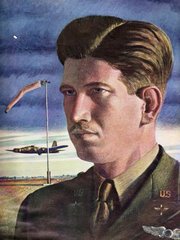

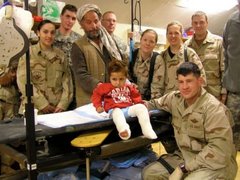
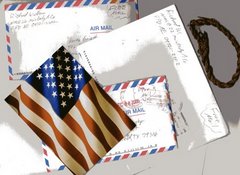

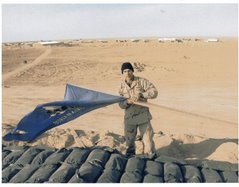


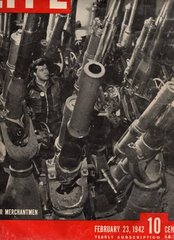
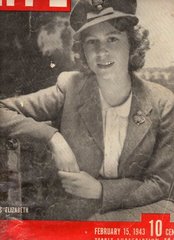

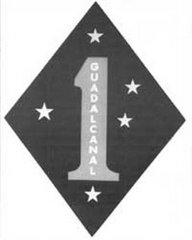





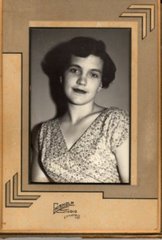

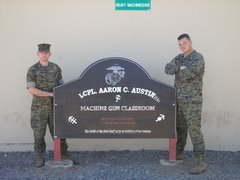

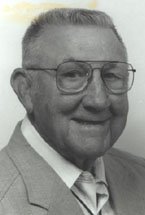

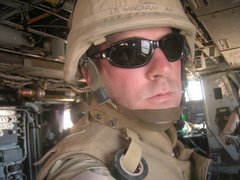
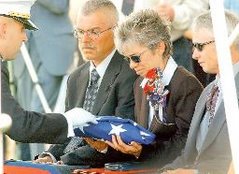




No comments:
Post a Comment